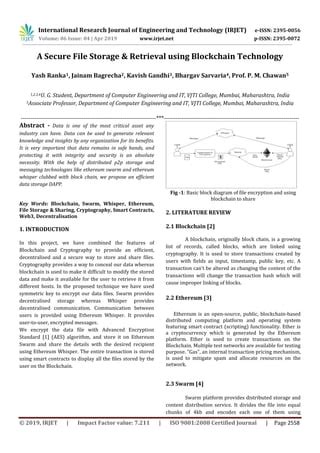Ethereum: Change P2P to create an operating pool Quarkcoin?
As a passionate long -term ethereum, I am happy to share my experiences. My friend tried to do cinkcoins (QCK) for months, but the results were only losses. After digging more deeply in the world of cryptocurrency mining basins, I prevented myself from an innovative idea that could change the game: the exploitation of P2P (Peer-to-Peer) on Ethereum.
What is the P2P mine?
Traditional operating groups work by aggregating their calculation power and eliminating blocks to resolve complex mathematical equations. However, this approach has its drawbacks. A major problem is that it requires a significant amount of electricity, which can be costly and respectful of the environment. In addition, many minors have joined these groups in order to maximize their performance, which has led to an increase in energy consumption and a drop in profitability.
Quarkcoin idea

The native cryptocurrency of Ethereum, Ether (ETH), has recorded a popularity resurrection due to potential cases beyond traditional applications such as DEFI (decentralized finance) and NFT. To take advantage of this trend, I explored the concept of the exploitation of P2P on Ethereum with an alternative approach: the use of Quartkcoin as a native cryptocurrency for a new type of exploitation.
Quarkcoin operating pool
To create a P2P mining group on Ethereum, you will have to define a decentralized network in which minors can join and participate in the hash process. In this scenario, each minor would keep QCK in native currency and would contribute to its computing power to resolve complex mathematical equations using its own equipment (or other devices).
Here’s how it could work:
Challenges and limitations
Although this idea is promising, there are more challenges to take up:
* Evolution : With traditional mining groups, it is often difficult to extend to meet demand. The creation of a decentralized mining group with thousands of minors would require significant investment in infrastructure.
* Energy efficiency : QCK holders must ensure that their computation power is energy efficient and contribute positively to the total hash rate, without consuming excessive quantities of electricity.
* Security : As with any decentralized system, security measures will have to be implemented to prevent attacks on the group’s network.
Conclusion
Ethereum offers a rich environment for innovative ideas like this. With the increase in DEFI applications, there is an increasing demand for alternative cryptocurrencies and decentralized networks. Although P2P on Ethereum exploitation has several challenges, it also offers potential advantages: increased energy efficiency, low electricity costs and more flexibility in participation.
If you are a minor or an enthusiastic experience interested in exploring new opportunities, I encourage you to investigate further in Quarkcoin. Who knows?

